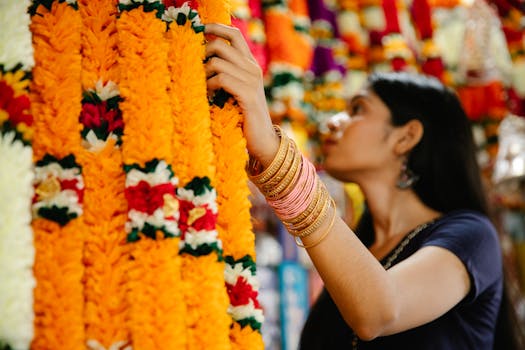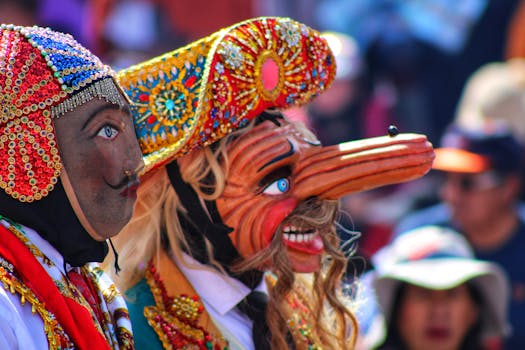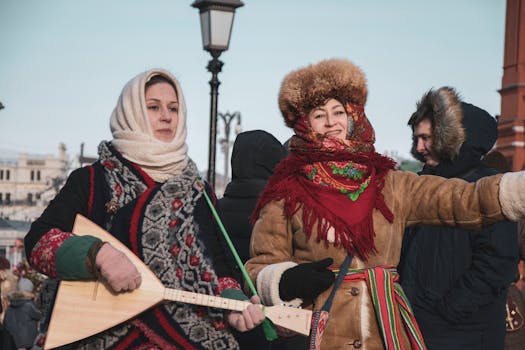
Celebrating Diversity: The Significance of Cultural Festivals Around the World
Takeaways: Cultural festivals are vital expressions of community identity, heritage, and diversity. They promote social cohesion, preserve traditions, and foster understanding among different cultures. This article explores various cultural festivals worldwide and their profound significance.
Cultural festivals are a vibrant tapestry of human expression, showcasing the unique traditions, beliefs, and customs of communities across the globe. These events not only entertain but also serve essential functions in the preservation of cultural heritage and the promotion of social bonds. From colorful parades to sacred rituals, each festival has its own story and significance, deeply rooted in the history and identity of the people who celebrate it.
The Importance of Cultural Festivals

- Preservation of Heritage: Festivals often celebrate historical events, traditional practices, and local customs, helping to keep these elements alive for future generations.
- Community Bonding: They bring people together, fostering a sense of belonging and unity within communities. This shared experience strengthens social ties and promotes cooperation.
- Promotion of Diversity: Festivals celebrate the rich diversity of cultures, allowing people to learn about and appreciate different traditions and lifestyles.
- Economic Impact: Many festivals attract tourists, boosting local economies through increased business for restaurants, hotels, and shops.
- Education: Festivals provide an opportunity for education about different cultures, promoting understanding and tolerance among diverse populations.
Notable Cultural Festivals Around the World
Now let’s explore some of the most notable cultural festivals around the world and their unique significance:
1. Diwali (India)
Diwali, known as the Festival of Lights, is one of the most important Hindu festivals celebrated across India and in many other countries with significant Hindu populations. It symbolizes the victory of light over darkness and good over evil. Celebrated with fireworks, the lighting of oil lamps, and festive meals, Diwali fosters family unity and community spirit.
2. Carnival (Brazil)
The Brazilian Carnival is one of the largest and most famous festivals globally, attracting millions of visitors to its vibrant parades filled with samba music, colorful costumes, and dance. It celebrates Brazilian culture and heritage, showcasing the country’s diversity and creativity. The event promotes social interaction and national pride.
3. Oktoberfest (Germany)
Oktoberfest in Munich is the world’s largest beer festival, celebrating Bavarian culture and traditions. With its origins in the early 19th century, it has grown to become a global event, attracting millions of people each year. Oktoberfest promotes camaraderie and joy, bringing together locals and tourists alike over food, drink, and music.
4. Chinese New Year (China and worldwide)
Chinese New Year, also known as the Spring Festival, is celebrated by millions around the world. It marks the beginning of the lunar new year and is steeped in traditions that symbolize prosperity, health, and happiness. Festivities include family reunions, feasting, and fireworks, emphasizing the importance of family and community.
5. Holi (India)
Holi, the Festival of Colors, is a vibrant celebration marking the arrival of spring. Participants throw colored powders at each other, dance, and enjoy festive foods. Holi represents joy, love, and the triumph of good over evil. It encourages community bonding and the breaking down of social barriers.
Conclusion








